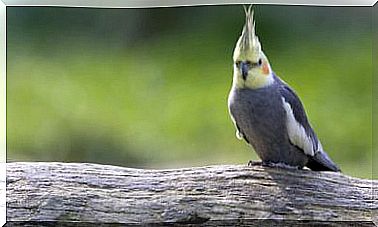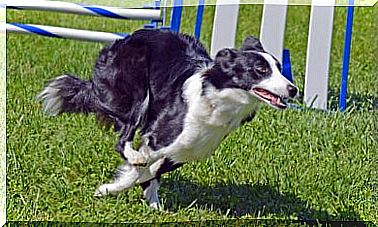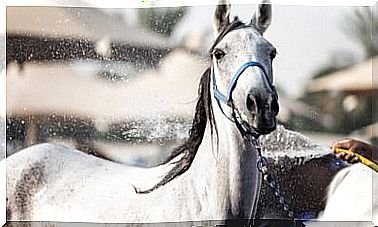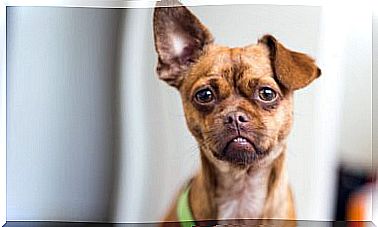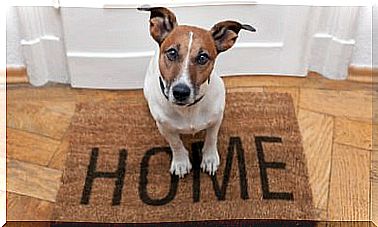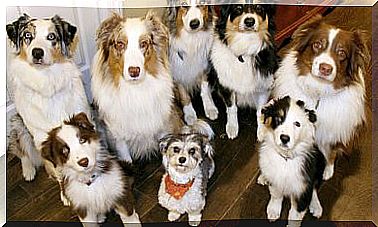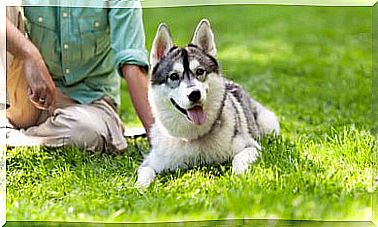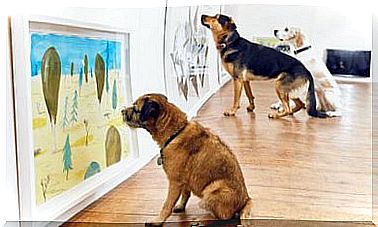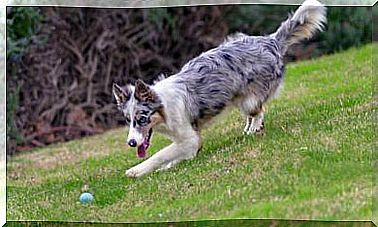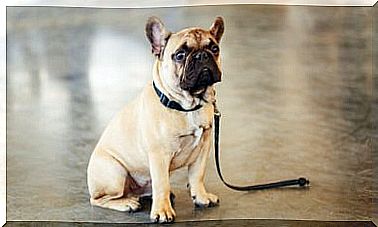Appropriate Treatment For Older Small Breed Dogs
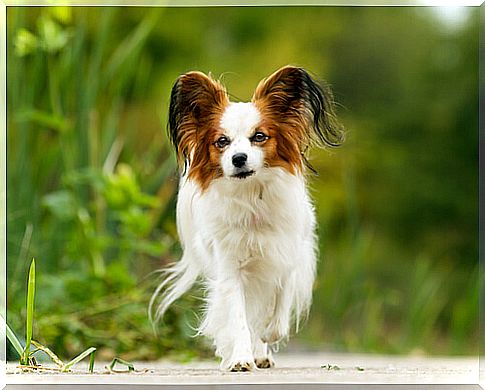
As they age, our beloved pets require more attention and care.
Living with a senior dog will involve varying routines. Among many other things we will have to adapt his diet, reduce the level of exercises and increase the frequency of visits to the vet.
And, although each dog will reach old age at a different time – depending on their health, habits and diet – small-breed animals and mongrels are the ones that take the longest to age and, therefore, tend to live longer.
Common problems in older small breed dogs
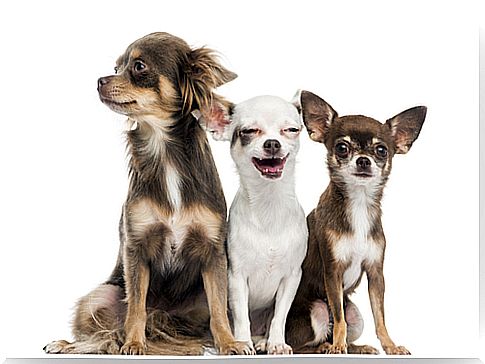
Small breed dogs are considered to be those weighing up to 10 kilograms. Among the most popular are the Fox Terrier, the Chihuahua, the Bichon Maltese, the Yorkshire Terrier, and the Shih Tzu .
These animals are usually considered old from 10 years old and their life expectancy can extend to 15 or more.
But, regardless of size or breed, when dogs enter the third age, they usually present different signs of physical and mental deterioration:
- Loss of mobility and agility due to bone and joint problems.
Fortunately, there are currently anti-inflammatory and regenerative joint products that do not cause adverse effects and can be used in long-term therapies without causing inconvenience.
Keep in mind that some toy breeds, such as the Poodle or the Yorkshire , often develop spinal problems due to “parrot beaks” (osteophytosis) and herniated discs, as well as knee dislocations with ligament strain.
- Increased water intake and urination frequency, which can be signs of diabetes or kidney problems.
- Loss of sight, usually due to cataracts, and deafness.
- Changes in behavior.
Elderly dogs suffering from central nervous system wasting have a series of symptoms similar to humans suffering from Alzheimer’s disease. Among them, disorientation, confusion, forgetfulness and personality changes.
There are alterations in social, eliminative and exploratory behavior and sleep disorders that can be classified as demented states, characterized by the decrease in intellectual functions of an organic nature.
- Dental inconveniences, due to loss or breakage of pieces and gum problems.
How to care for an elderly dog
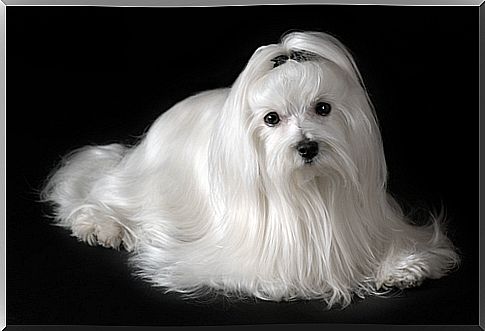
We tell you some details to improve the daily life of your little one. With some patience and a lot of love, you will surely make this stage of your life more comfortable.
- Don’t force him to exercise excessively. Let him regulate his physical activity according to his possibilities. But try not to give up the habit of a good daily walk.
- Do not stop playing with him or giving him toys, to keep his mind active.
- Avoid stairs, especially if you have a dachshund or dachshund, prone to intervertebral disc disease (EDIV).
- Make sure it moves over rough or carpeted floors to prevent slipping and its consequences: strains, sprains, etc.
- Give him a specific feed for his age and size. The vet will surely advise you on the best options. But keep in mind that there are food for small senior dogs on the market and made to take care of dental, joint, intestinal health and control their weight.
- Consider that the body of an elderly dog works at a slower rate, and that its physical activity is reduced. A proper diet should include:
- Controlled levels of sodium and phosphorus to help your kidneys function properly.
- Highly digestible proteins.
- Balanced fiber content, which supports a healthy digestive tract.
- A balance of minerals and omega 3 fatty acids to support your bones and joints.
- Make enough vitamin C. This will delay brain wear, as it acts as an antioxidant. In addition, some lipids (phosphatidylserine) can help keep neurons active.
- Get him a soft bed. A cushioned surface will take care of your joints. For no reason should your dog sleep on the floor.
- Vaccinate and deworm as directed by your vet.
Remember that old age is just another stage of life, not a disease. Make your puppy go through this stage in the best possible way with all the care he needs and with all the pampering he deserves. Frequent caresses will make your old man a happy animal.
